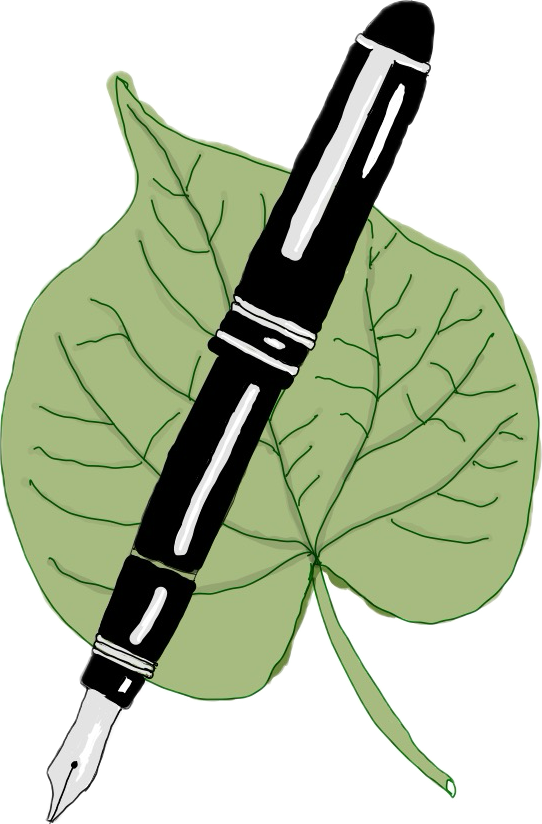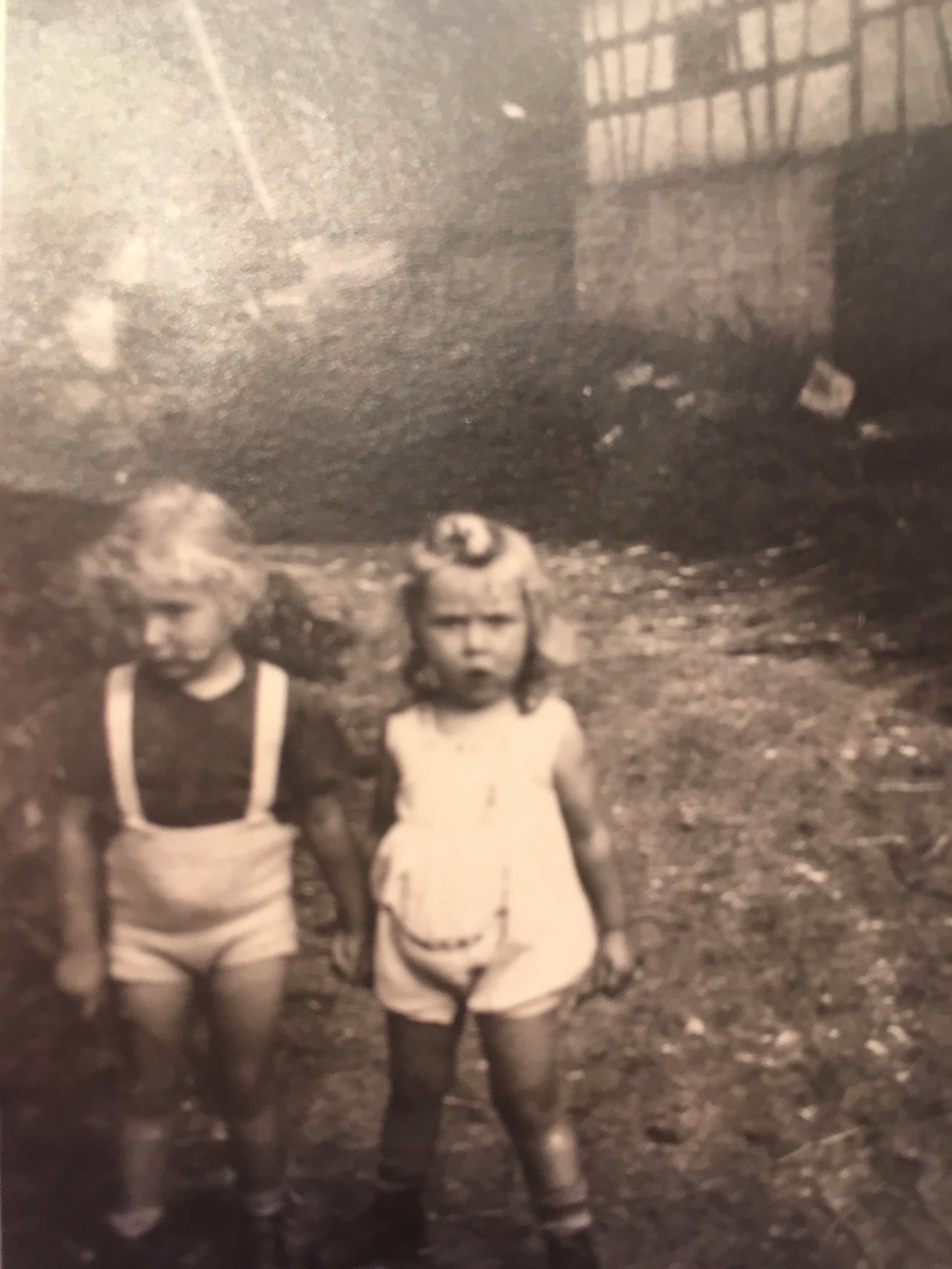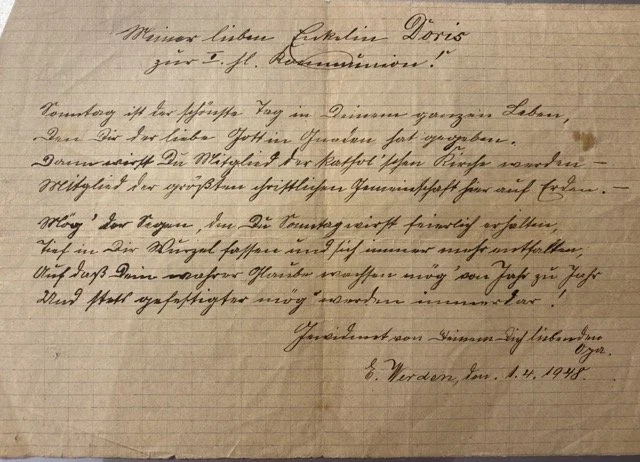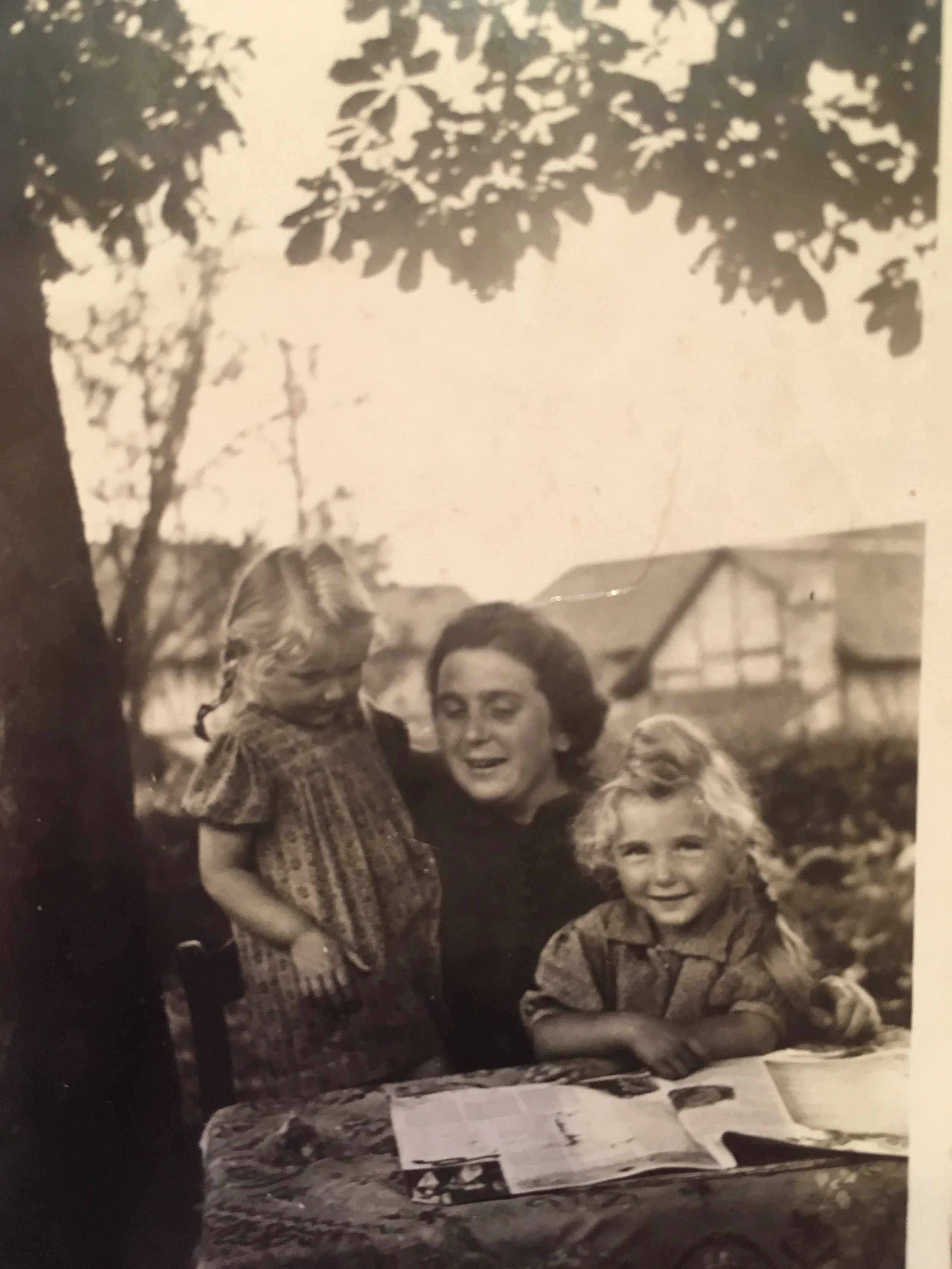Unexploded Ordnance
What she felt.
〰️
What they feared.
〰️
How they survived.
〰️
What they saw.
〰️
〰️
〰️
What she felt. 〰️ What they feared. 〰️ How they survived. 〰️ What they saw. 〰️ 〰️ 〰️
WINNER OF THE 2023 RESTLESS BOOKS PRIZE FOR NEW IMMIGRANT WRITING
In imaginative prose that interrogates the past with a poet’s curiosity and a scientist’s pen, Unexploded Ordnance seeks to answer how we are shaped by the stories we inherit.
After moving from Germany to the United States to work as a professor of biology, Catharina Coenen takes up residence in a second language to voice the questions she could not ask at home: what exactly did her family live through during World War II, and to what extent are they implicated? What terrors did her grandmother, mother, and aunt endure, and why are women’s wartime stories so hard to find? How much of the self is shaped by the traumas and passions that come to us through our DNA? Balancing literature with historical research, old letters with new conversations, Coenen peels back generational silences to walk alongside her grandmother as she comes of age during Hitler’s rise to power, watches her friends disappear one by one, and flees bombing raids with her tiny daughters, escaping from city to town, rented room to orphanage, parish house to hospital, trying to survive. Weaving reflections on language, biology, queerness, art, and memory, Coenen moves between the personal and the universal with stunning honesty and elegance.
Wartime wounds.
Coenen, a German-born American botanist, has written an arresting collection of essays on what it means to live with political guilt, social trauma, and the unspoken memories not just of what Germany did in World War II, but of what was done to Germany during the conflict. The firebombing of German cities has remained the open wound in Allied history. Coenen develops the insights of the author W.G. Sebald, who understood that postwar German life and literature had to find ways of processing the pain of air war against it—the sense that thousands were erased and displaced by a force that no one saw, that came from skies no one could see. This memory shaped Coenen’s family life, and it shapes her relationship to German heritage and language. Moving to America for graduate work, teaching at a college in rural Pennsylvania, the author finds herself living in English but “processing emotions…in German through these years.” To write in English, she states, “felt like a betrayal.” And yet, she must tell her tale in her adopted tongue. That tale concerns the lives of her family during the 1940s—displacement, fear, and a childhood among ruins. Hunger was everywhere. Written with the scientist’s eye for detail, these essays ask questions that few may wish to answer: What was ordinary life like for Germans of the 1940s? How does an individual recover from the loss of a society? Can the pain of a family be inherited? How does the author cope with knowing that her grandfather, as a young man, voted for Adolf Hitler? “The scientist in me pores over…data,” she says. But the writer in her recognizes that sometimes you must come to terms with stories that cannot be pegged into a graph or spreadsheet.
A memoir of unbearable honesty about a German woman reckoning with war, family, and forgiveness.
What happens to the body after trauma? To the bodies of those descended from trauma? What becomes of desire that has been subsumed?
These are the questions that arise from this staggering collection of essays, one that brilliantly examines the legacy and inheritance of trauma in three generations of German women. The hurts and silences, ambitions and dignities of grandmothers, aunts, mothers, and daughters take center-stage, giving voice to a range of experiences that feel both timely and timeless. As Coenen reflects on how she came to her own queer identity, she does not shrink from examining her family’s past, sharing stories that implicate the suffering caused by her grandparents’ Nazi ties as a powerful act against secret-keeping.
Unexploded Ordnance invites the reader to think, perhaps for the first time, about the intersection of science, immigration, choice, and memory. Coenen’s perspective as a biologist informs how she brings the personal and political together, allowing the reader to see as a scientist, but through an artist’s gaze. And yet, beneath the strength of her voice—frank, tender, wise—there is a way in which her expertise disappears into the work itself.
Coenen also challenges our perception of what nonfiction can be. Her approach shows both an urgency and a formal inventiveness. No two essays feel the same, and yet there is a powerful sense of cohesion in the reading experience, as well as a sense of awe—the essays are themselves small grenades thrown against walls of silence, denial, and shame. If it is the duty of the scientist to explore the natural world, Coenen does it beautifully by turning her focus to our most basic makeup: the stories we carry in our genes. We are all beneficiaries of her courage and determination.
—Restless Prize Judges Grace Talusan, Jiaming Tang, and Ilan Stavans
"A work of tremendous emotional and intellectual heft. . . . In lucid and lyrical prose, Catharina Coenen pieces together fragments of her German family's history through Hitler's rise to power, WWII and its aftermath. Writing in the English gives this poet and botanist a new language in which to explore the legacies of a people silenced by trauma and guilt. Coenen focuses on her family, but the narrative expands to include the universal realities of war. She channels her ancestors and witnesses with them the violences they both experienced and participated in, violences that will continue to reverberate through generations until they can be acknowledged and mourned. A beautiful and tenderly rendered debut."
— Carmel Mc Mahon, author of In Ordinary Time
“What makes Unexploded Ordnance unusual is its range—you’ll notice it from the table of contents onward, this rat-tat-tat of memoir, history, biology, philosophy, linguistics. But what makes it so singular, so special, is how these disparate parts come together, come alive. I read it, entranced—it’s a book that should be impossible, yet here it is.”
— Menachem Kaiser, author of Plunder:
A Memoir of Family Property and Nazi Treasure
“A brilliant and wide-eyed collection of essays about the legacy (and inheritance) of trauma. Unexploded Ordnance is a bullet of a book; one that challenged my perception of what nonfiction can do—and be.”
— Jiaming Tang, author of Cinema Love
“A triumph in gripping, masterful prose chronicling the lives of three generations of German women marked by war. What do we know when we know our mother’s, our grandmother's stories? With each perfectly nuanced essay, Unexploded Ordnance reminds us of the silences we must choose to break. A poignant and unforgettable debut!”
— Ani Gjika, author of An Unruled Body






